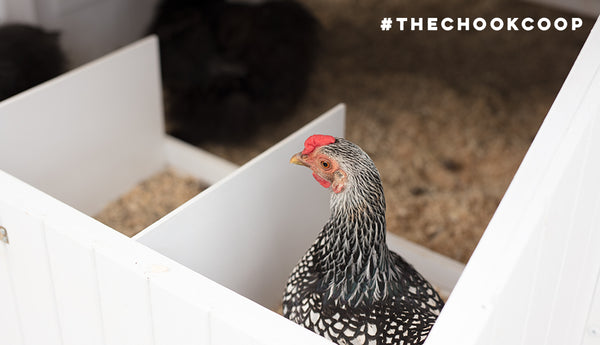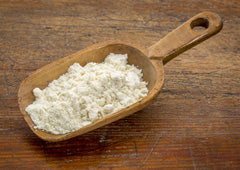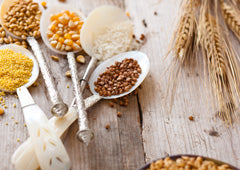Basil is a very valuable plant for your herb garden, and one of the easiest plants to grow and look after. This sun loving plants large, lush leaves thrive in warmer weather, so it grows well year round in most Australian climates.
Good for your Hens
Chicken speak, Basil promotes mucus membrane and respiratory system health, so adding some crushed basil to your chicken feed will keep your chicks clucky, and their egg yolks a radiant orange. (mix it with dill, thyme, clover and cinnamon for a superfood boost!)
It also hosts antibacterial properties, so it will help to boost your feathery friends immune system, and adding some freshly cut Basil to your nesting boxes will keep your hens home at the height of hygiene.
Good for your Garden
Everyone knows Basil and tomatoes go together like chicken and eggs, so make sure these are neighbours in your garden to enrich the taste of your tomatoes.
Good for You
Because of it’s antibacterial properties Basil is a major immune system booster, fighting back against nasty bacteria. It’s also an anti-inflammatory, and so helps keep a healthy gastrointestinal tract providing relief from indigestion and stomach cramps. Being rich in beta-carotene, other carotenoids and magnesium means Basil improves blood flow, and protects cells from free radical damage and cholesterol. It is also a natural mosquito repellent, so planting it in the garden will help keep those menacing mosquitos at bay.
When working with herbs, there are a few simple rules to follow to keep your hens at the height of their health…
-
Some herbs will spoil very quickly, especially in Summer, so be sure to refresh them every three days to really harness their goodness.
-
Remember! Treats in moderation-don’t overdo it. If you are unsure how much to give to your girls, it is best to check with your local vet.
-
Like with all herbal treatments each works differently based on the individual, and the same goes for chickens too. So keep this in mind and be sure to check for any reactions or particular dislikes.


















